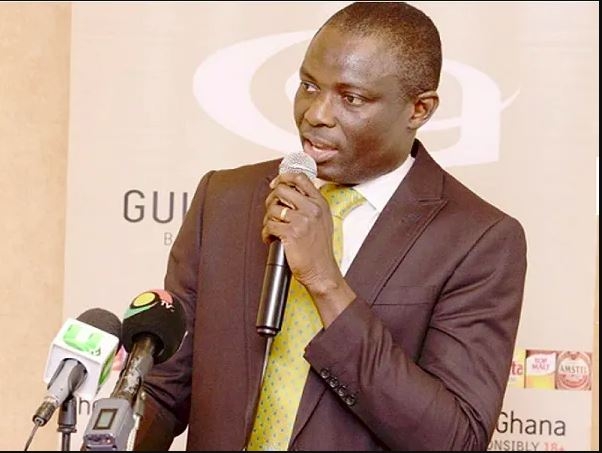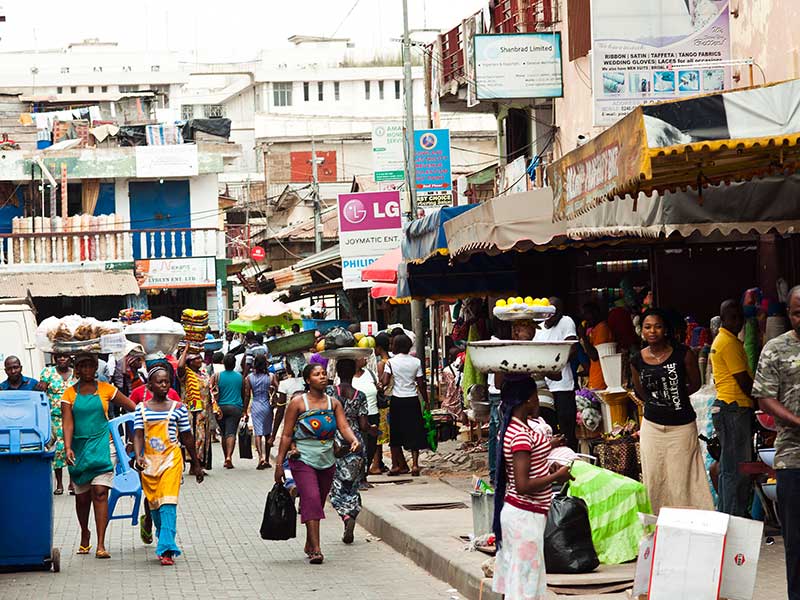Kwaku Kwarteng, former Ghana Deputy Finance Minister and Member of Parliament for Obuasi West, has delivered a scathing critique of Ghana’s economic management, comparing it to a Ponzi scheme. His comments come as the country grapples with significant economic challenges and rising public debt.

In a statement titled “To break the eight, we must first break the norm,” Kwarteng attributed Ghana’s current economic woes to decades of poor governance and political mismanagement across various administrations. The former chairman of the Finance Committee in Parliament emphasized that since independence, Ghana has consistently overspent and relied heavily on borrowing to cover deficits.
“We always offer higher interest to lenders, borrow more, use a part to repay previous debts, and the rest to pay for the current year’s overspending,” Kwarteng stated. “So, we have been running our country’s economy like a Ponzi scheme. The economy is struggling today because lenders are now refusing to lend to us.”
Kwarteng’s comments appear to be a direct criticism of his own party, the governing New Patriotic Party (NPP), as well as a broader indictment of Ghana’s political class. He warned that if the current economic trajectory continues, Ghana’s democracy could collapse, taking all political parties with it.
The MP called for a fundamental change in political behavior, criticizing the norm of parties praising past achievements and making grand promises while demonizing opponents. We have reduced election campaigns to bitter struggles between competitors seeking power for the wrong reasons,” he said.

These stark criticisms come against the backdrop of Ghana’s mounting public debt. During a recent mid-year budget review, Finance Minister Dr. Mohammed Amin Adam revealed that Ghana’s debt had reached GH¢742.0 billion (US$50.9 billion) as of June 2024, equivalent to 70.6% of the country’s Gross Domestic Product (GDP).
Dr. Adam attributed the 22.0% increase in debt to the depreciation of the cedi and ongoing disbursements from creditors. The debt is split between external debt of GH¢452.0 billion (60.9%) and domestic debt of GH¢290.0 billion (39.1%).
Kwarteng’s comments and the latest debt figures highlight the urgent need for economic reform in Ghana. As the country approaches its next election cycle, there is growing pressure on political parties to address these systemic economic issues and present viable solutions to voters.
The debate sparked by Kwarteng’s statement is likely to intensify discussions about Ghana’s economic management, the sustainability of its debt, and the need for long-term structural changes to break the cycle of borrowing and overspending. As Ghana navigates these economic challenges, the coming months will be crucial in determining whether the political class can heed Kwarteng’s warning and implement meaningful reforms
Source: myjoyonline.com



